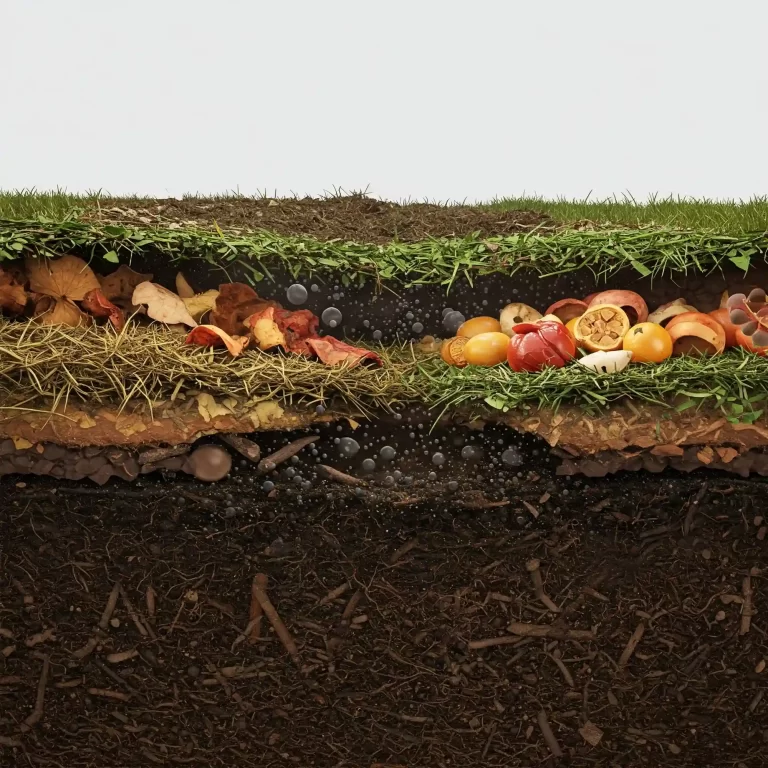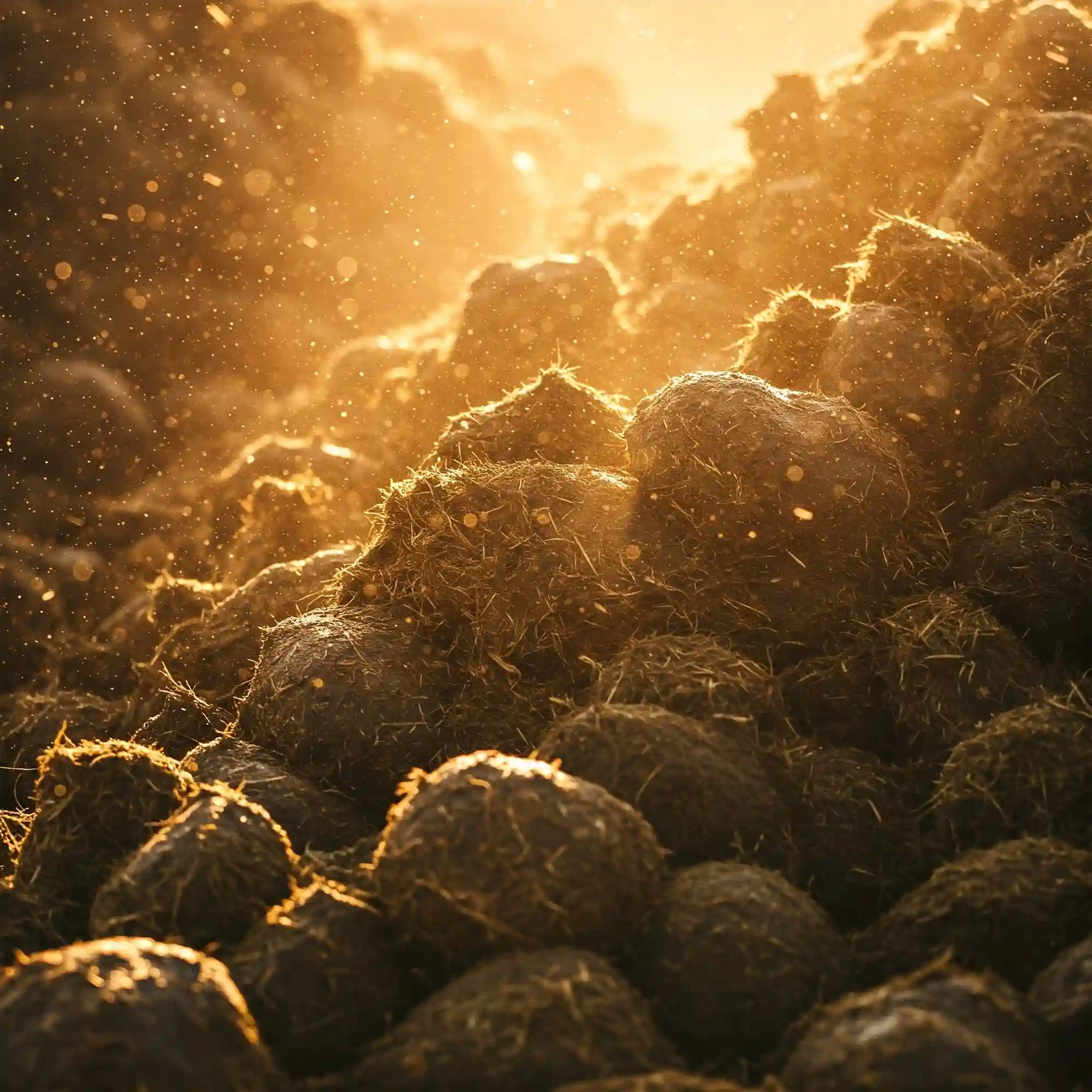Composting is a natural process that transforms organic materials like food scraps, yard waste, and paper products into a rich, nutrient-filled soil amendment. While the basic principles of composting remain the same throughout the year, the specific approach you take may need to change with the seasons. Here’s how to adapt your composting methods to each season:
Spring
In the spring, composting ramps up as temperatures rise and plant growth accelerates. Here are some tips for successful spring composting:
- Turn the compost pile regularly: This aerates the pile, which helps to speed up the decomposition process. Aim to turn the pile every few weeks, or more often if the weather is warm and dry.
- Add a variety of materials to the compost pile: Include a mix of green materials (such as food scraps and grass clippings) and brown materials (such as leaves and wood chips). This will ensure that the compost pile has the right balance of nutrients.
- Water the compost pile regularly: The compost pile needs to be moist but not soggy. Water the pile whenever it feels dry to the touch.
- Keep the compost pile covered: This will help to retain moisture and heat, and it will also keep pests out.
Summer
In the summer, composting can be a challenge, as the high temperatures and dry conditions can cause the compost pile to dry out and decompose slowly. Here are some tips for successful summer composting:
- Turn the compost pile more frequently: This will help to aerate the pile and prevent it from becoming too dry.
- Water the compost pile regularly: The compost pile needs to be moist but not soggy. Water the pile whenever it feels dry to the touch.
- Add more green materials to the compost pile: Green materials, such as food scraps and grass clippings, will help to add moisture to the pile and speed up the decomposition process.
- Keep the compost pile covered: This will help to retain moisture and heat, and it will also keep pests out.
Fall
In the fall, composting slows down as temperatures cool and plant growth slows. Here are some tips for successful fall composting:
- Continue to turn the compost pile regularly: This will help to aerate the pile and prevent it from becoming too dry.
- Water the compost pile as needed: The compost pile should be moist but not soggy. Water the pile whenever it feels dry to the touch.
- Add more brown materials to the compost pile: Brown materials, such as leaves and wood chips, will help to add carbon to the pile and balance out the nutrients.
- Cover the compost pile with a tarp or straw: This will help to protect the pile from the cold weather and keep it from freezing.
Winter
In the winter, composting can be a challenge, as the cold temperatures and snow cover can make it difficult to maintain a compost pile. However, with a little care, you can still compost in the winter. Here are some tips:
- Use a compost bin or tumbler: A compost bin or tumbler will help to keep the compost pile warm and protected from the cold weather.
- Turn the compost pile regularly: This will help to aerate the pile and prevent it from freezing.
- Add more green materials to the compost pile: Green materials, such as food scraps and grass clippings, will help to add heat to the pile and speed up the decomposition process.
- Insulate the compost pile: You can insulate the compost pile by covering it with a tarp or straw. This will help to keep the heat in and the cold out.
By following these tips, you can compost successfully through all four seasons and create a rich, nutrient-filled soil amendment for your garden.
Tips for Composting in All Seasons
- Use a variety of materials in your compost pile. This will help to create a balanced mix of nutrients and ensure that your compost decomposes properly.
- Turn your compost pile regularly. This will help to aerate it and speed up the decomposition process.
- Keep your compost pile moist. Compost needs moisture to decompose properly. If your compost pile is too dry, it will slow down the decomposition process.
- Protect your compost pile from extreme weather. If you live in a cold climate, you may need to cover your compost pile with a tarp or straw to protect it from the cold. If you live in a hot climate, you may need to provide shade for your compost pile to protect it from the sun.
- Be patient. Composting takes time. Don’t get discouraged if you don’t see results immediately. Just keep adding materials to your compost pile and turning it regularly, and eventually you will have a rich, nutrient-rich compost that you can use to improve your garden soil.
Composting Dos and Don’ts
Do’s:
- Use a variety of materials in your compost pile, including food scraps, yard waste, and paper products.
- Turn your compost pile regularly to aerate it and speed up the decomposition process.
- Keep your compost pile moist, but not soggy.
- Protect your compost pile from extreme weather conditions.
- Be patient. Composting takes time, but the results are worth it.
Don’ts:
- Don’t add meat, fish, or dairy products to your compost pile. These materials can attract pests and pathogens.
- Don’t add diseased plants or weeds to your compost pile. These materials can spread disease to your garden.
- Don’t add plastic, metal, or glass to your compost pile. These materials will not decompose and can contaminate your compost.
- Don’t let your compost pile get too hot. A compost pile that is too hot can kill beneficial microbes and slow down the decomposition process.
- Don’t let your compost pile get too cold. A compost pile that is too cold will also slow down the decomposition process.

